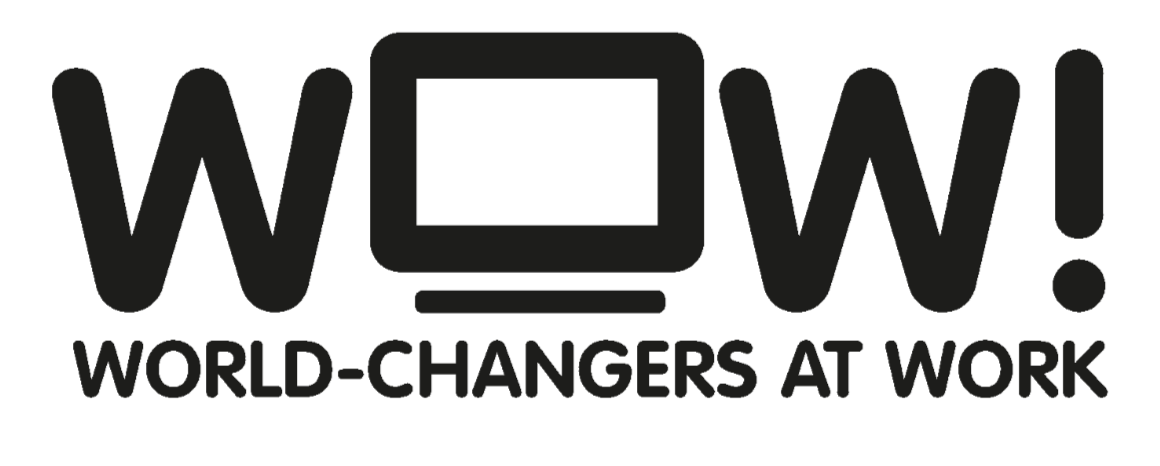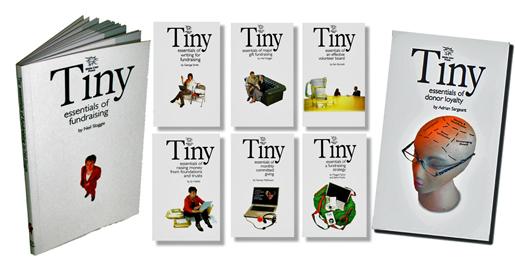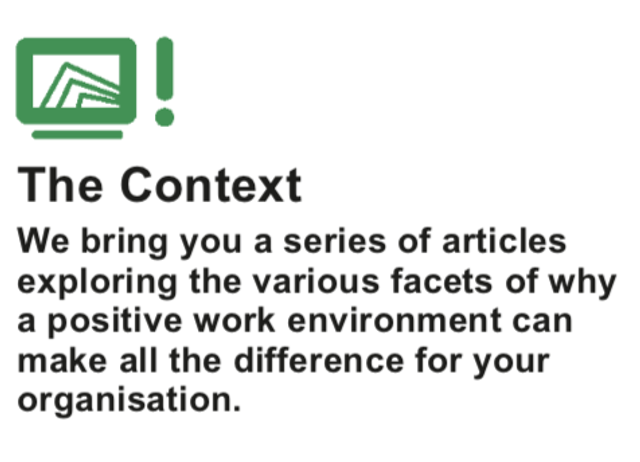Asking the right questions really can change the world!
Adrian Salmon explains how he is going to change the world and you can to — by asking the right questions.
- Written by
- Adrian Salmon
- Added
- October 11, 2018

Earlier in the year SOFII launched a competition asking a simple question: ‘how are you going to change the world?’. This has given friends and readers of SOFII the chance to inspire others by sharing their dreams and ambitions to make the world a better place.
Of all the entries SOFII received we just couldn’t choose between three, so we’re delighted to share them all with you over the coming weeks. This time we bring the insights of Adrian Salmon, vice president of philanthropic consultants GG+A Europe.
I’m a consultant. How then, do I change the world every day? Some, I know, would argue that I’m a symptom of what’s wrong with it – queuing at Immigration on one of my recent trips to the US, the customs official asked me what I do. When I answered he replied, ‘I swear, all of the people who’ve come through today have been consultants! Does no-one have real jobs any more?’ I smiled politely and apologetically, of course. One doesn’t argue one’s case with a US border official.
But if I had had chance to talk to him more, I’d have told him how proud I am of what I do. I don’t execute fundraising appeals. I don’t solicit gifts, make grant applications, or pitch for corporate partnerships. But I feel – and I hope that my clients would agree – that I provide the essential ingredients for those things to have a much surer chance of success than if I wasn’t part of the process.
And to my mind those essential ingredients are a space for what I’d call co-reflection, or thinking with. Listening without rushing to judgement. Asking the pertinent question - which may sometimes be the one that to an insider would seem like a stupid question. Those kinds of questions often lead to the most significant insights!

I often think of my role in terms of the story of Sir Perceval, the original Grail knight. We all know about Galahad, the pure, being the knight who found the Grail, but in the original French stories it was Perceval, a knight of low birth. He attends a banquet at the castle of the Fisher King, who is suffering from a terrible wound, and whose land is laid waste. During the banquet a procession of objects is brought through the hall – including a strange cup, or grail. Believing it polite to remain silent, he doesn’t ask about the objects, and when he wakes the castle has vanished. He is told that if he had just asked the right question – who does the grail serve? – he would have healed the King and the land.
And that in a nutshell, is what my role is all about. To help all of my clients, I can’t hold back out of a sense of decorum or politeness. I must ask the right questions to help them grow. Why are you not investing here? Why do you focus on this in your appeals and not this?
What is your difficulty or uneasiness with this fundraising method or initiative that you won’t try out? If I don’t ask, I can’t help you fix what is broken or wounded in your programmes and I can’t help you make your fundraising land fruitful.
I may not get to find a grail myself, but perhaps I can help you find yours. That’s the joy of being a consultant, and how, I hope, I change the world.


















